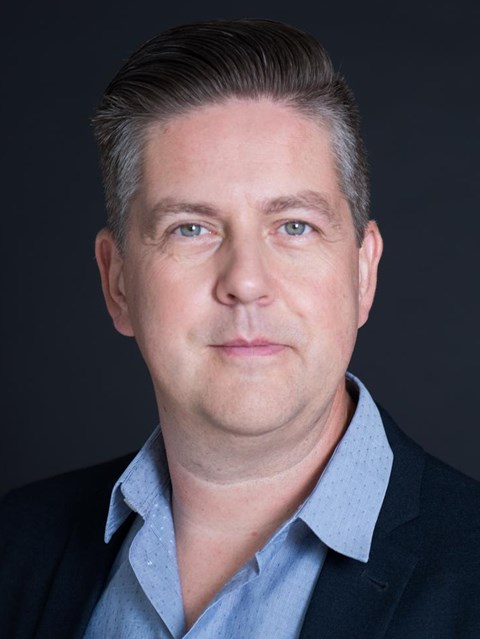Luc Verheijen
Partner and consultant at Kessels and Smit,
Belgium
Email: lverheijen@kessels-smit.com
Phone: +32 498 384636
Web: http://www.kessels-smit.com/en/who_are_we
https://www.kessels-smit.com/en/lucverheijen
To change the organization: change the conversations
At the moment, there are three focal points in my work: strength-based development, working with large groups and developing leaders towards their full potential.
I always look for strengths and potential that are present in people and in human systems. If in organizations we loose energy by focusing on what is wrong, why then paying so much attention to it? I like to use a strengths-based foundation for further development.
Somehow I get a quick feeling for what these strengths are, and get to the heart of it. My preference is to arrange a conversational space where ideas for development can easily grow. Some questions or settings have far more potential for creative and generative dynamics than others. The action lies in the inter-action.
I enjoy working with large groups (Large Group Interventions), especially when they embrace a diverse range of perspectives and interests. For instance a school that wants to work on next steps and that actively involves teachers, management, staff, parents and students in this process. I love that and each time witness how this kind of whole systems approach creates a lot of energy and a lot of new ideas with commitment to act in the direction of these ideas. Change speeds up if you stimulate high quality interactions within the setting of a large group. This requires careful preparation, design and facilitation. Once the borders are set, you can give the process all the space it needs.
Developing leadership has my special attention. What I see is that leaders can make the organization they are responsible for far more beautiful. I prefer to go into dialogue with leaders, sparked by the question ‘How do I do good?’. The ‘What does it mean to do good’ question leads to a reflective and value-driven conversation. It contains an ethical approach to leadership: it is about purpose. That kind of purposing conversations and the discoveries it contains, makes people’s eyes shine. It brings them to choices that matter, and in turn engage into a deeper kind of conversation with their stakeholders.
Appreciative Inquiry (AI) is a huge inspiration for my work. I have been lucky to be able to establish a close partnership with Cleveland’s Case Western Reserve University.
Together with Ron Fry and David Cooperrider we developed and took their approach further towards a European context. In doing that we focus strongly on social development. For example: we organized and facilitated several Appreciative Inquiry learning networks. A network has a year-long program, a large diverse group of participants and works around a central topic. Each of the participants commits to a change project in their own organization. With close to 250 participants over the last years, there is a beautiful collection of special stories.
The role I take is deliberately broader than only that of consultant and facilitator. I like to take initiatives and set things up. De Werf is for instance a special cooperation between several organizations and directed towards social impact. I am board member at the Heerlijckyt van Elsmeren, a place with a long history that has the aim to support people in their growth and development. Also contributing to learning in our field of organizational development is a role I find important. In doing that, I am faculty member of the CIGO program at the universities of Hasselt & Leuven, and a TAOS Institute Associate.

